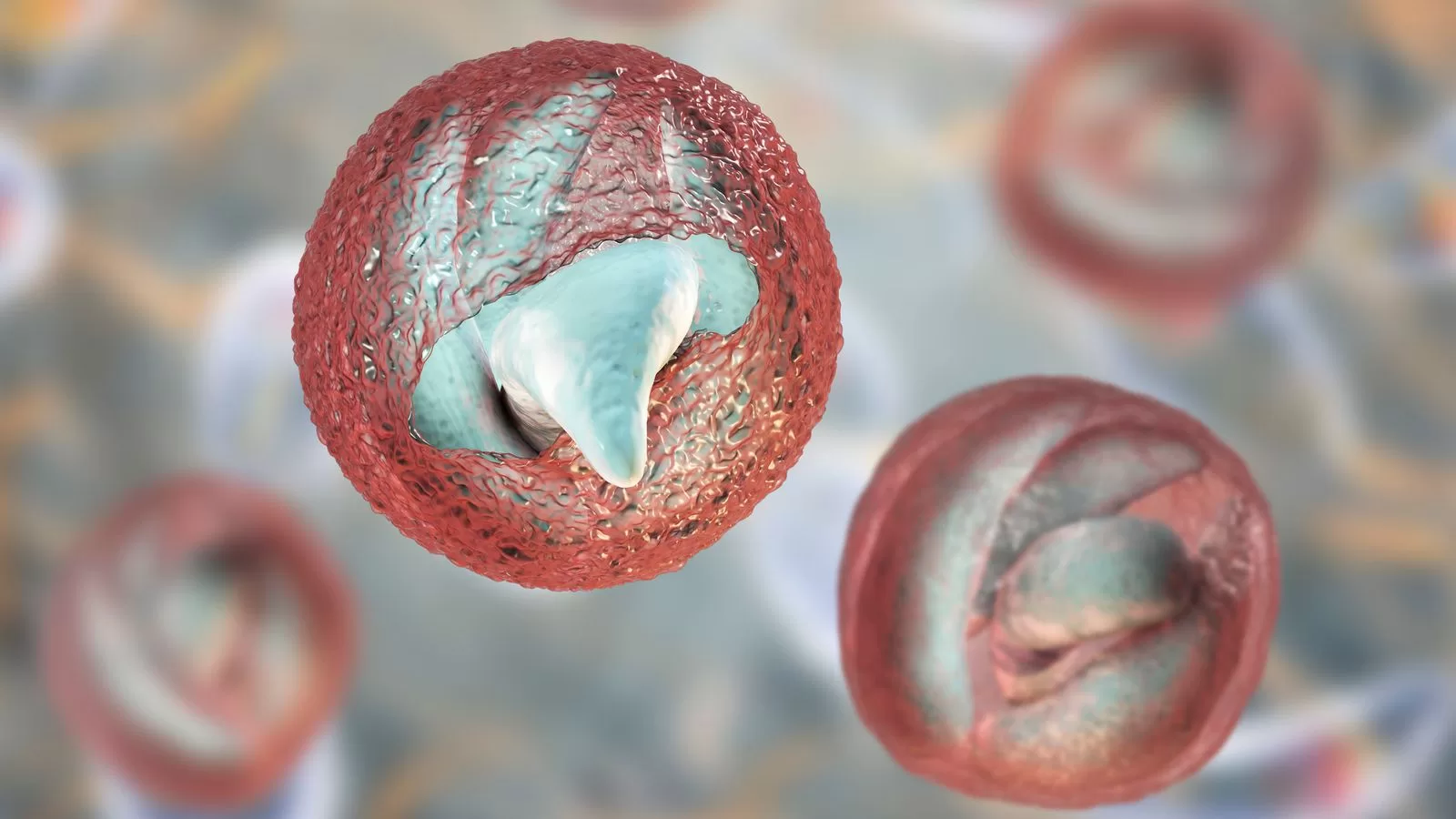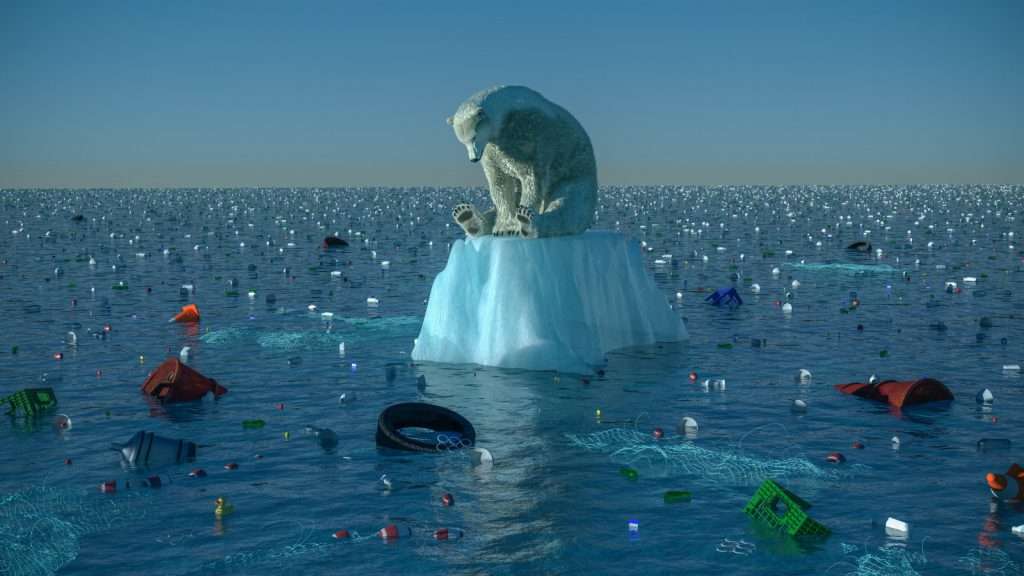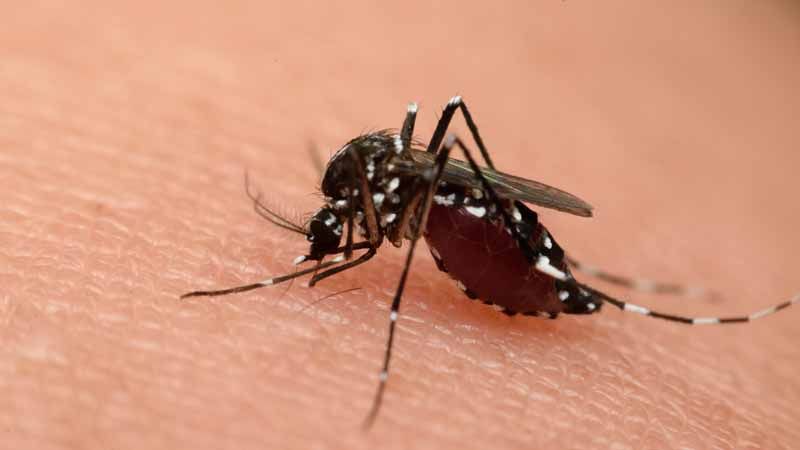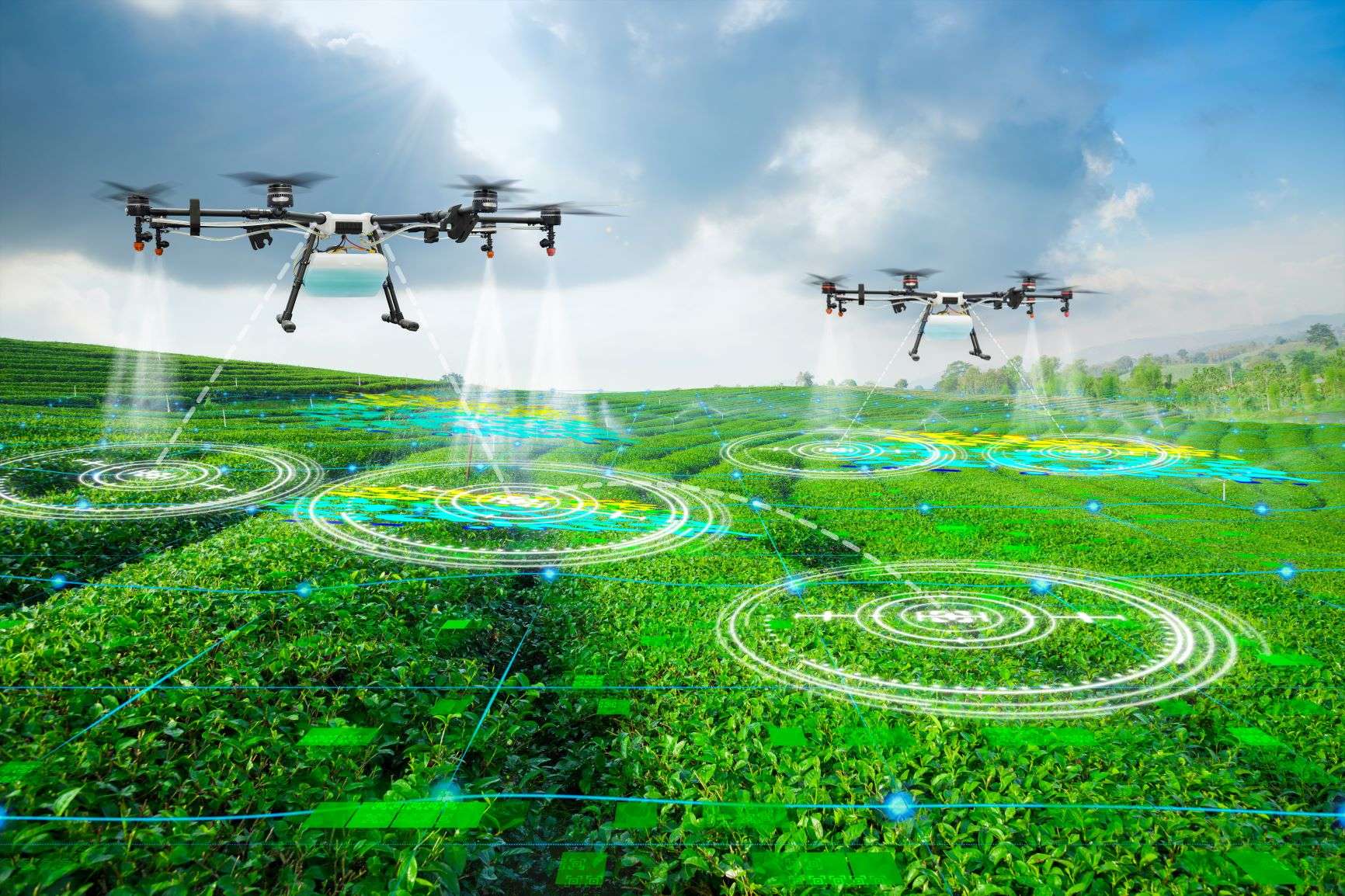How Citizen Enforcement Strengthens Thrivability: A Path to Real Environmental Accountability
What Is Citizen Enforcement in Sustainability and, better yet, thrivability? Citizen enforcement for environmental sustainability refers to the actions taken by individuals and communities to hold polluters and policymakers accountable. Unlike formal government oversight, it relies on public environmental monitoring and civic responsibility. Therefore, citizen enforcement for environmental sustainability involves people organising to ensure that […]






























